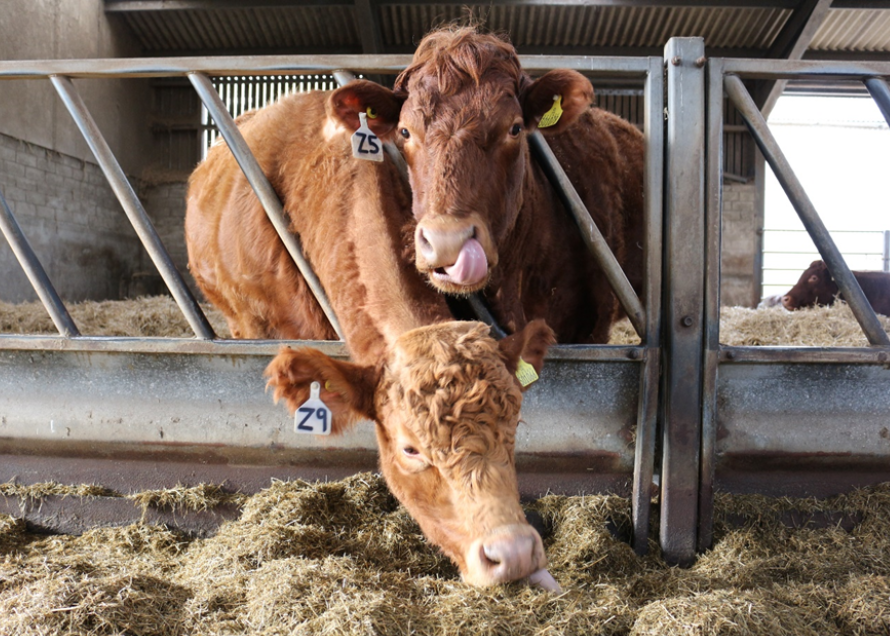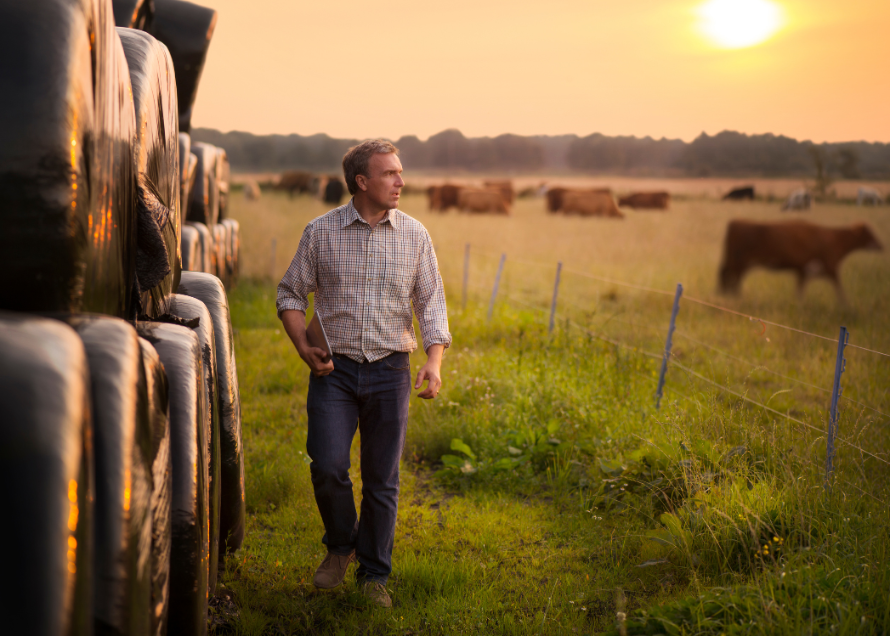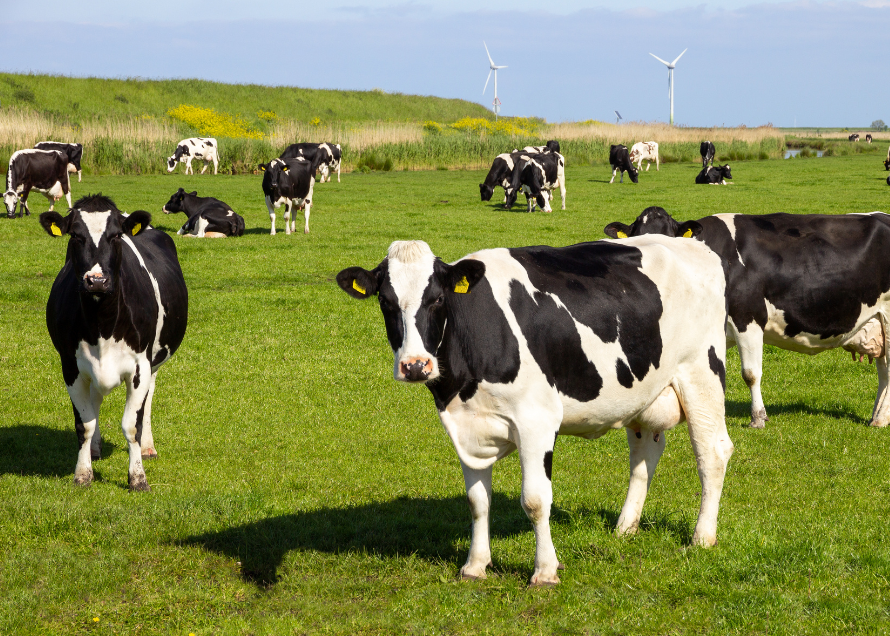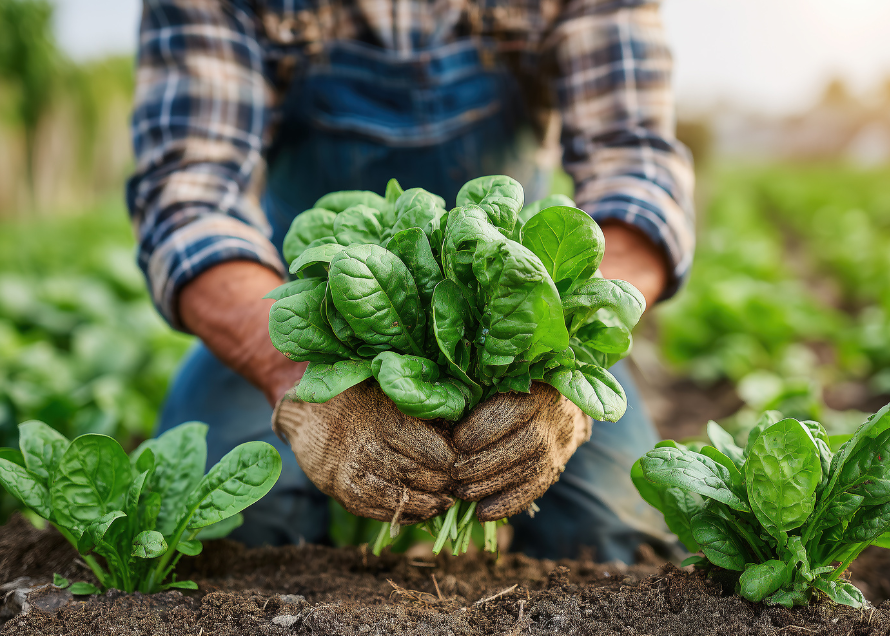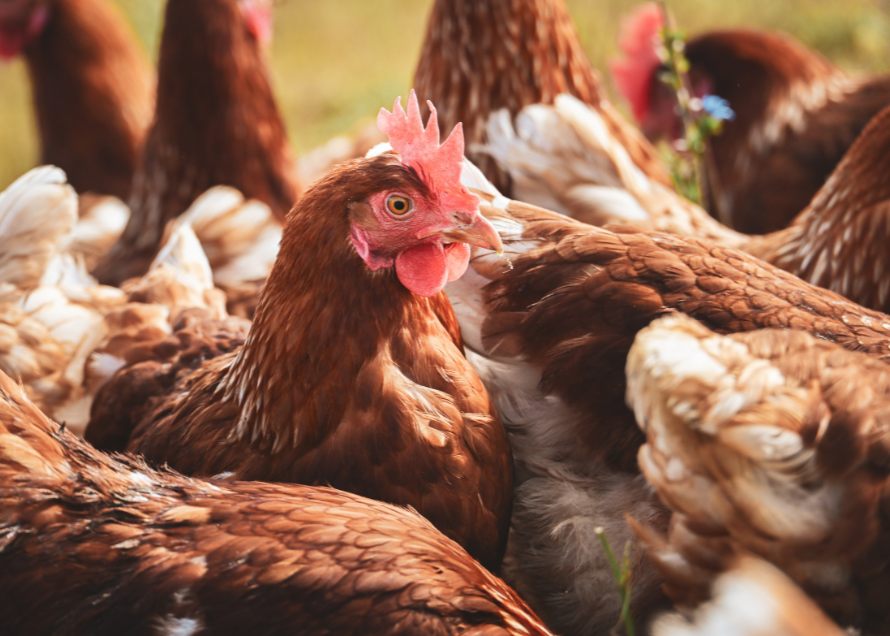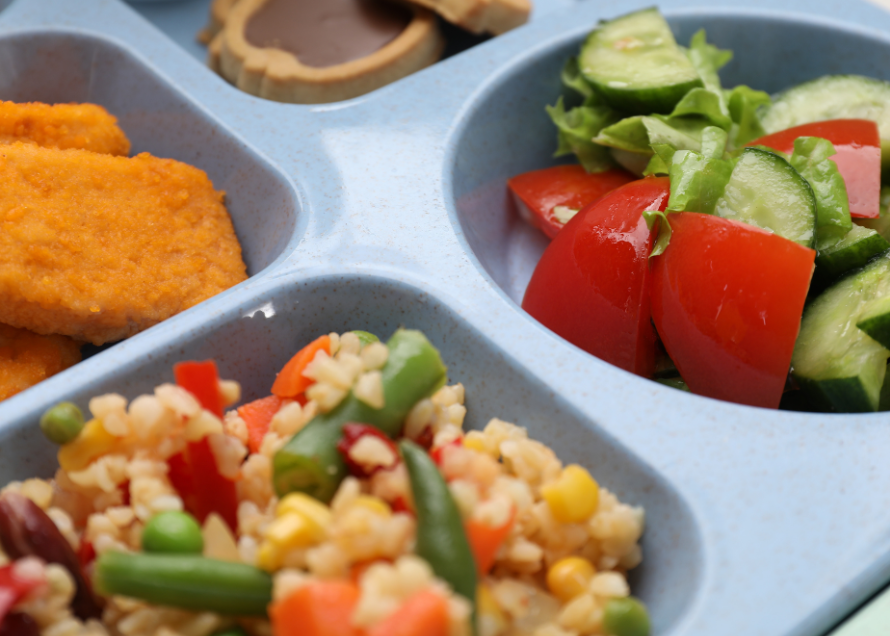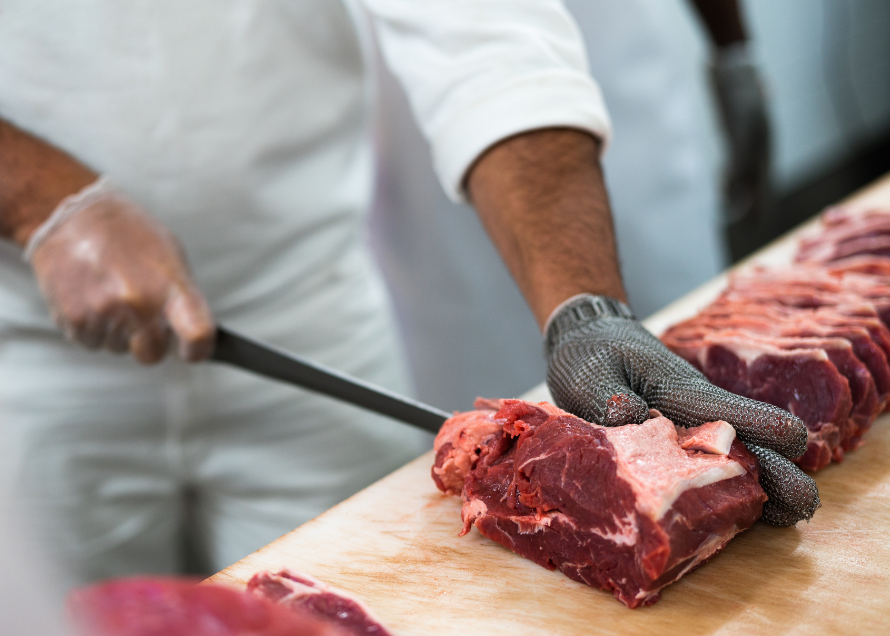A new study by The James Hutton Institute and Norway’s Ruralis Institute for Rural and Regional Research has shown that beef, lamb, milk and eggs are more vulnerable to market competition from lab-grown alternatives than chicken and pork.
The study, which was funded by the Research Council of Norway and is believed to be the first of its kind, was designed to explore the socio-economic consequences of cultivated (lab-grown) proteins and a carbon tax being introduced to the market. Lab-grown proteins are claimed to offer greenhouse gas reductions of up to 97% when compared to conventional products. However, in many countries, support payments to the livestock sector make it difficult for these alternatives to compete on price.
Focusing on Norway, researchers modelled two scenarios – one where a carbon tax is introduced and one where it is not – to measure the impact of lab-grown alternatives on both the food industry and emissions. They found that conventional beef, lamb, milk, and egg production were more likely to lose their market share to lab-grown proteins than pork and chicken production, regardless of a carbon tax.
With the tax implemented, the loss of market share was much more rapid and dramatic, due to the increased cost. In comparison, pork and chicken, which produce much lower emissions, proved more resilient. It was assumed – based on related research within the project – that consumers would be willing, up to a certain market share, to treat cultivated and conventional proteins as broadly interchangeable, with price being the main factor influencing their choice.
You Might Also Like:
No related posts.
Dr Nick Roxburgh, a Social Systems Simulation Modeller at the Hutton, said: “While there are still plenty of uncertainties here – such as whether technologies will ever improve to the point where cultivated proteins are commercially viable – this study suggests that sheep and cattle rearing could be most vulnerable to competition, especially if a carbon tax is introduced. We would expect this to be true in the UK as well as in Norway.
“Given the potential for disruption, it will be important to plan carefully for the possible impacts of cultivated proteins on livestock farming and rural livelihoods.”

